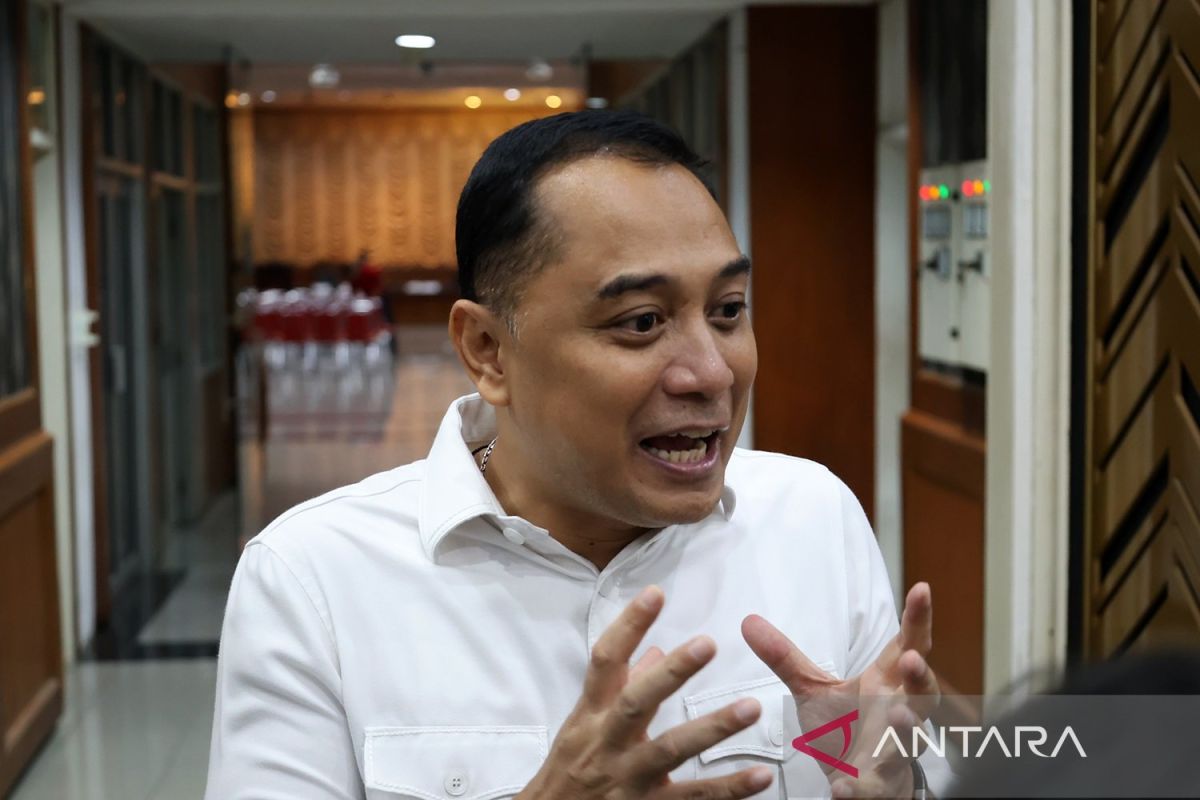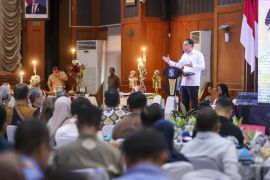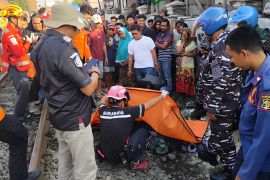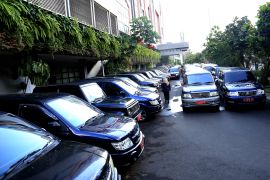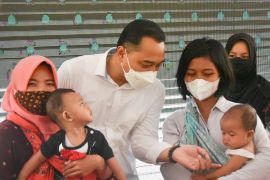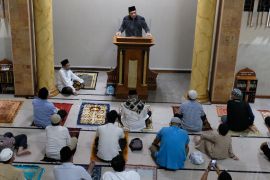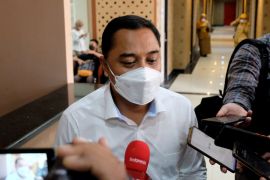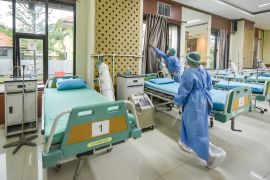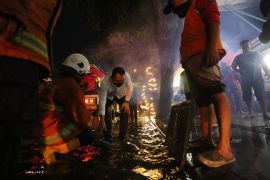Surabaya, East Java (ANTARA) - Surabaya City in East Java received a Letter of Recognition for its inclusion in the Healthy City Network, accredited by the World Health Organization's (WHO's) South-East Asia Regional Office (WHO SEARO).
Surabaya Mayor Eri Cahyadi announced on Friday that the recognition signified Surabaya's official membership in the Healthy City Network and its accreditation as a WHO SEARO Healthy City.
"This is a (matter of) great honor for our people. We have been committed to improving the quality of life, health, and welfare of all Surabaya residents without exception," Cahyadi affirmed.
According to the mayor, this is part of the efforts to create a healthy city in which every citizen has better access to health services, a clean and comfortable environment, and strong community-based social support.
Cahyadi then elaborated on various assessment indicators for participation in the Healthy City Network, including the mapping of sanitation facilities in every village within the city.
"Second, the demand for clean water has already reached 99 percent. Thirdly, this pertains to water flow systems or channels. Fourthly, in terms of disease handling, the city government has appointed one health worker for every hamlet and sub-community health center," he explained.
He then expounded that the definition of a healthy city according to the WHO is a city that prioritizes health, social welfare, equality, and sustainable development at the center of local policies based on the basic values of the right to health and welfare, peace, social justice, gender equality, solidarity, social inclusion, and sustainable development.
"And guided by the principles of health for all, universal health coverage, cross-sectoral governance for health, health in all policies, community participation, social cohesion, and innovation. The main approach of WHO Healthy City implementation is cross-sectoral collaboration, community participation, and empowerment," the mayor noted.


